'Are you the Champ's son?': Micheál Martin speaks of influence his late father as he prepares to become Taoiseach once again
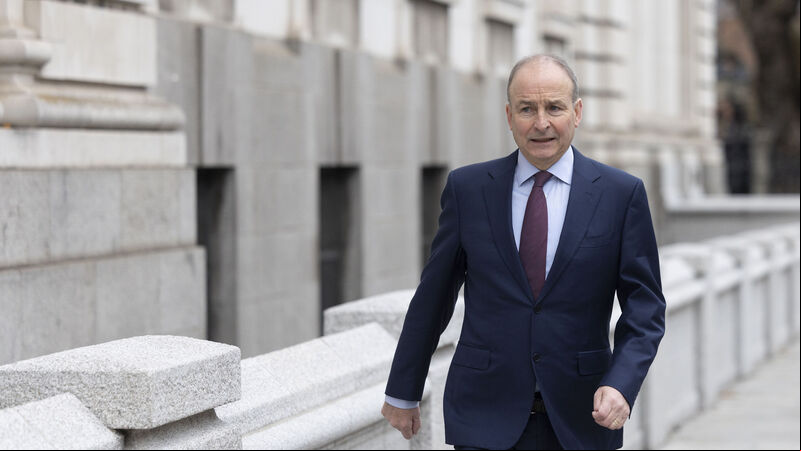
Micheál Martin is poised to become the next Taoiseach, as the Dáil meets today.
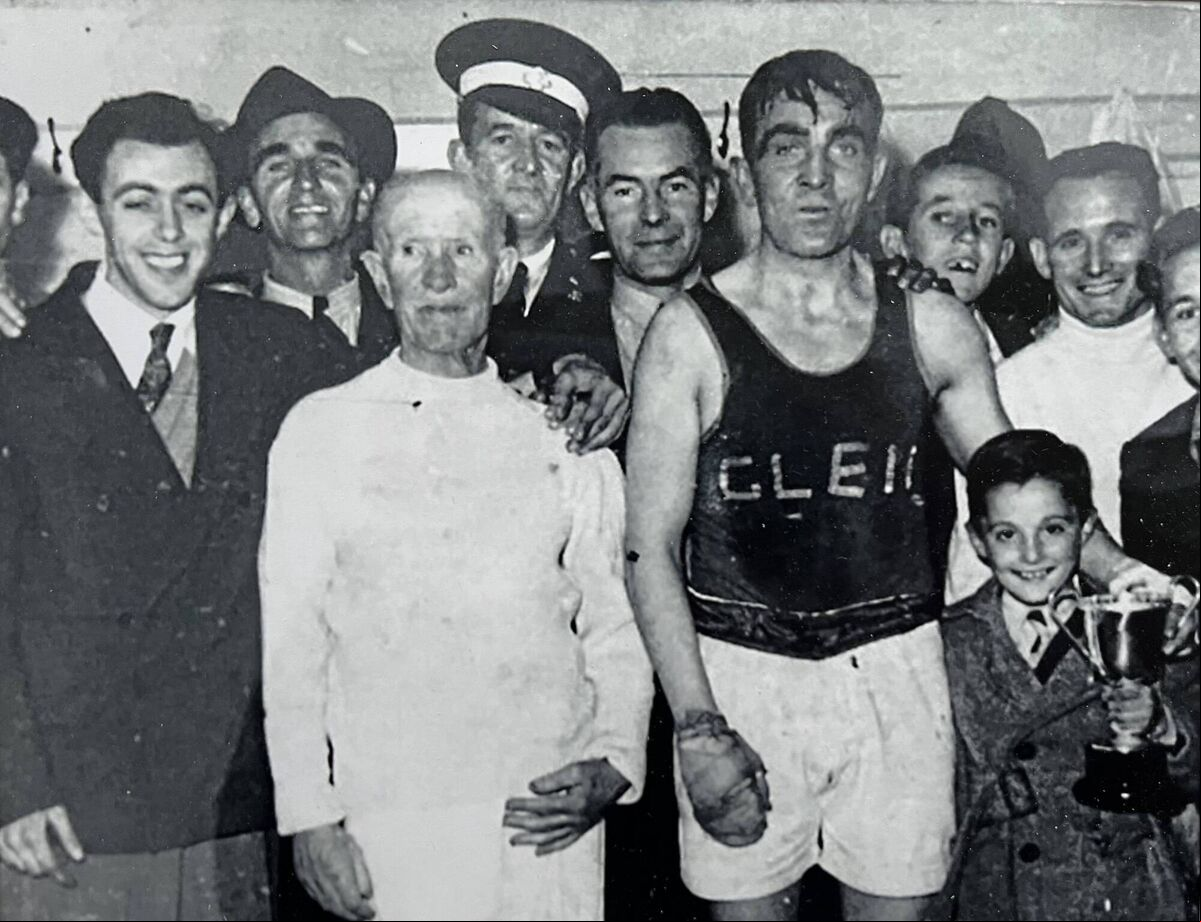
“You had men coming up from Ford’s, from Dunlop’s, from the docks, you had thousands of people trying to get into City Hall that night, so Rourkie had a captive audience.”
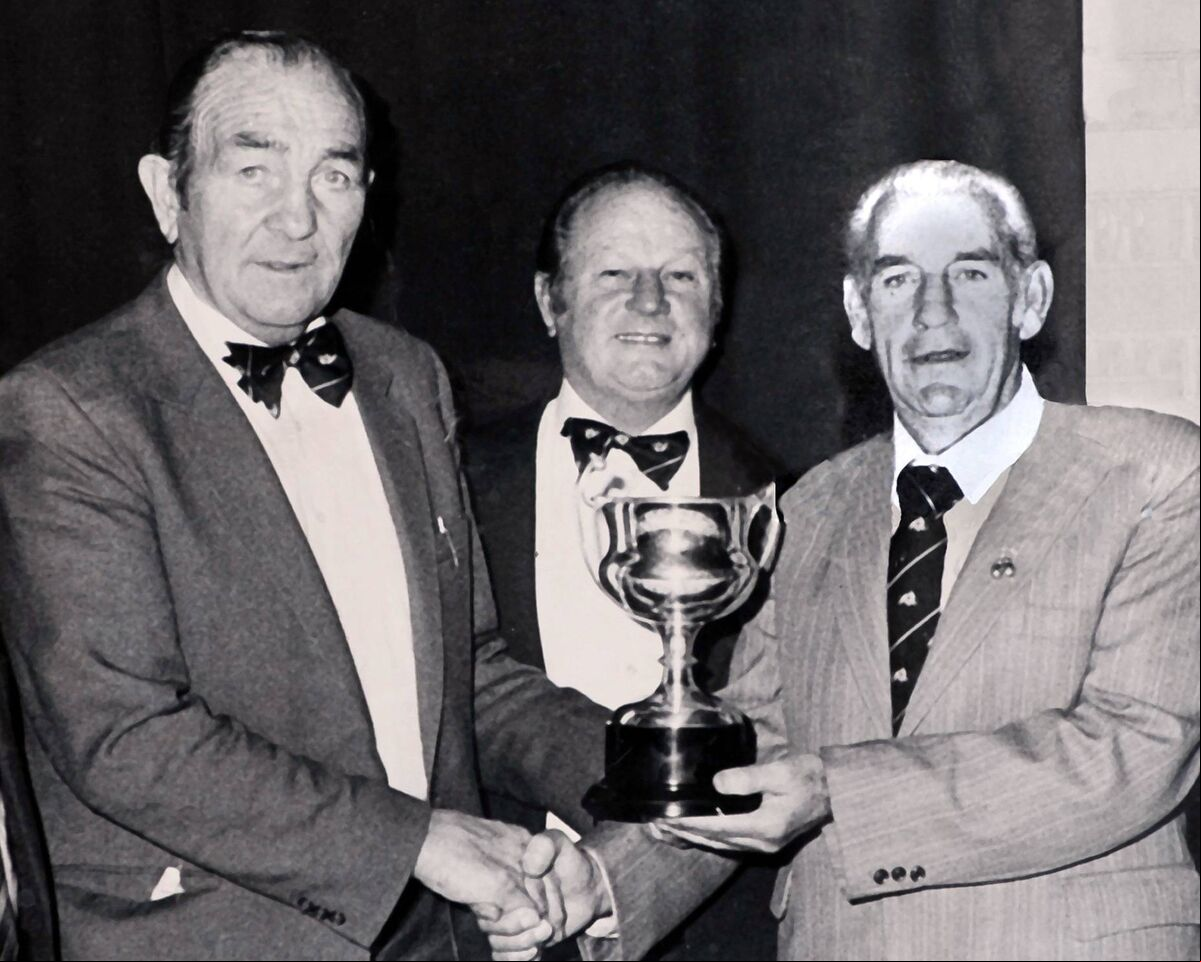
“He was a great man for the fresh air! I had the job of cleaning his medals every week, and he used to pay me sixpence.
“I have a few memories of Paddy boxing. My father was on the corner, instructing Paddy with another guy, there used to be two of them there from the Glen Boxing Club.
“I was beside the ring, I was a spectator, my father used to always get someone to mind me,” he says.
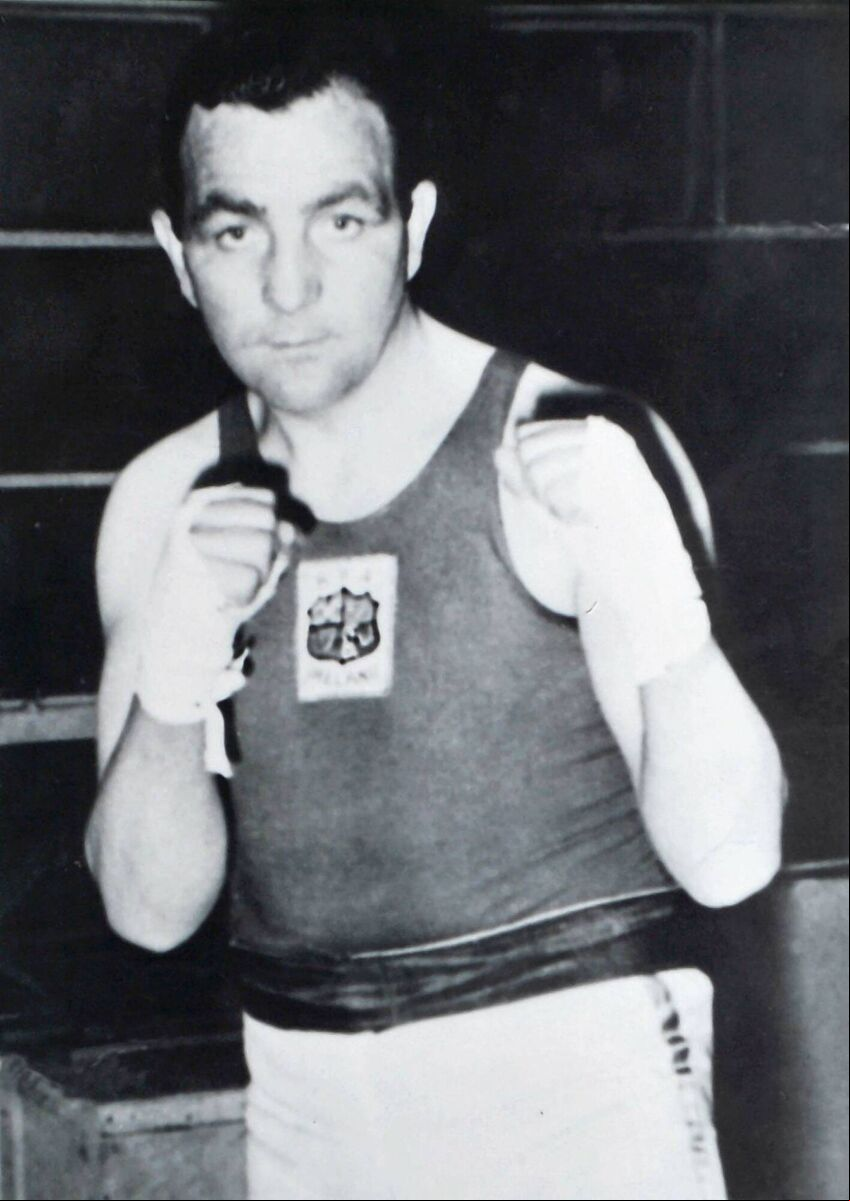
“[Bygraves] was the sturdier man, but he had trouble from Martin’s long left.
“The in-fighting was terribly hard, both men landing solidly. Martin got the decision on points, but it must have been a close thing for him.”
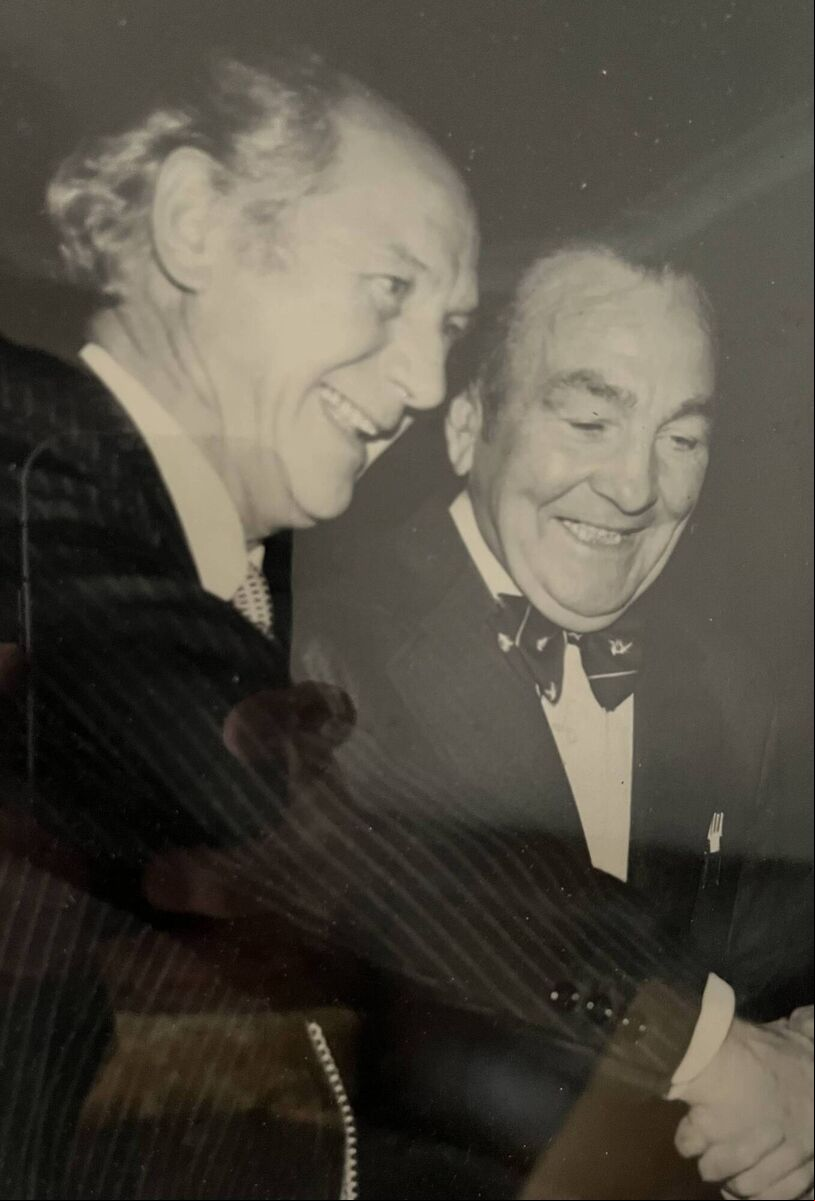
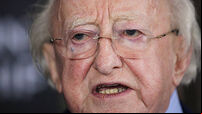
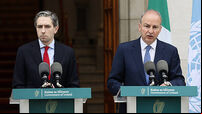


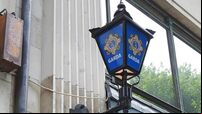

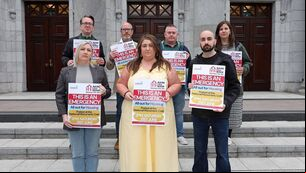



 App?
App?


